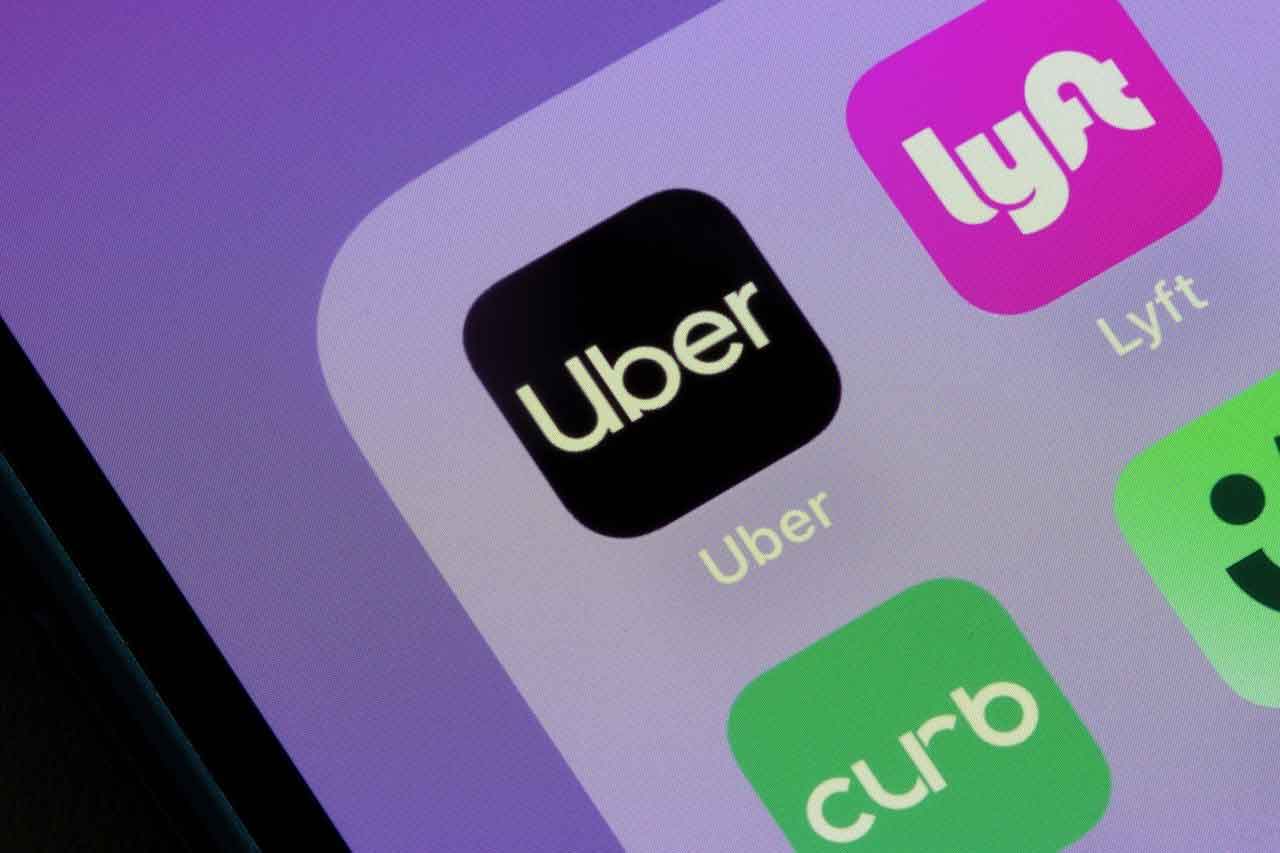California Rideshare Drivers and Supporters Step Up Push to Unionize
On July 5, 1935, President Franklin D. Roosevelt signed into federal law the National Labor Relations Act (NLRA). Also known as the “Wagner Act,” the law paved the way for employees to have “the right to self-organization, to form, join, or assist labor organizations,” and “to bargain collectively through representatives of their own choosing, according to the legislation’s language.

By Antonio Ray Harvey | California Black Media
On July 5, 1935, President Franklin D. Roosevelt signed into federal law the National Labor Relations Act (NLRA). Also known as the “Wagner Act,” the law paved the way for employees to have “the right to self-organization, to form, join, or assist labor organizations,” and “to bargain collectively through representatives of their own choosing, according to the legislation’s language.
Today in California, over 600,000 rideshare drivers want the ability to form or join unions for the sole purpose of collective bargaining or other mutual aid and protection. It’s a right, and recently at the State Capitol, a large number of people, including some rideshare drivers and others working in the gig economy, reaffirmed that they want to exercise it.
On April 8, the rideshare drivers held a rally with lawmakers to garner support for Assembly Bill (AB) 1340, the “Transportation Network Company Drivers (TNC) Labor Relations Act.”
Authored by Assemblymembers Buffy Wicks (D-Oakland) and Marc Berman (D-Menlo Park), AB 1340 would allow drivers to create a union and negotiate contracts with industry leaders like Uber and Lyft.
“All work has dignity, and every worker deserves a voice — especially in these uncertain times,” Wicks said at the rally. “AB 1340 empowers drivers with the choice to join a union and negotiate for better wages, benefits, and protections. When workers stand together, they are one of the most powerful forces for justice in California.”
Wicks and Berman were joined by three members of the California Legislative Black Caucus (CLBC): Assemblymembers Tina McKinnor (D-Inglewood), Sade Elhawary (D-Los Angeles), and Isaac Bryan (D-Ladera Heights).
Yvonne Wheeler, president of the Los Angeles County Federation of Labor; April Verrett, President of Service Employees International Union (SEIU); Tia Orr, Executive Director of SEIU; and a host of others participated in the demonstration on the grounds of the state capitol.
“This is not a gig. This is your life. This is your job,” Bryan said at the rally. “When we organize and fight for our collective needs, it pulls from the people who have so much that they don’t know what to do with it and puts it in the hands of people who are struggling every single day.”
Existing law, the “Protect App-Based Drivers and Services Act,” created by Proposition (Prop) 22, a ballot initiative, categorizes app-based drivers for companies such as Uber and Lyft as independent contractors.
Prop 22 was approved by voters in the November 2020 statewide general election. Since then, Prop 22 has been in court facing challenges from groups trying to overturn it.
However, last July, Prop 22 was upheld by the California Supreme Court last July.
In a 2024, statement after the ruling, Lyft stated that 80% of the rideshare drivers they surveyed acknowledged that Prop 22 “was good for them” and “median hourly earnings of drivers on the Lyft platform in California were 22% higher in 2023 than in 2019.”
“We are thrilled that the California Supreme Court unanimously upheld the democratic will of the voters and did what’s right for California’s communities and economy. Prop. 22 was overwhelmingly passed by nearly 10 million California voters, and the effort to pass it was supported by more than 120,000 drivers and 140 community groups and organizations.
Wicks and Berman crafted AB 1340 to circumvent Prop 22. AB 1340, if it becomes law, would provide that Transportation Network Companies (TNC) drivers also have the right to refuse to join or participate in the activities of TNC driver organizations. The bill would require the Labor and Workforce Development Agency to enforce these provisions.
“With AB 1340, we are putting power in the hands of hundreds of thousands of workers to raise the bar in their industry and create a model for an equitable and innovative partnership in the tech sector,” Berman said.
In July 2024, Uber and Lyft drivers in the state of Massachusetts launched a first-of-its-kind ballot initiative to earn union rights in the rideshare industry. The ballot measure was passed by the voters in the 2024 General Election.
AB 1340 would also provide the following provisions: the prevention of wage theft from drivers, including tips; the outlawing of “Robo-firings,” where drivers are deactivated by algorithm; and the elimination of rideshare companies’ pricing practices, where riders are sometimes charged higher prices, but the drivers are still paid pre-set rates.
“By coming off a groundbreaking organizing win for drivers in Massachusetts, gig workers’ momentum is powerful and growing,” Wheeler said. “With California’s labor movement united behind drivers’ demand for the choice to form their union, we’re well on our way to growing the union strength needed to deliver what working people demand — fair wages, safe working conditions, and the opportunity to create a better life for our kids.”









